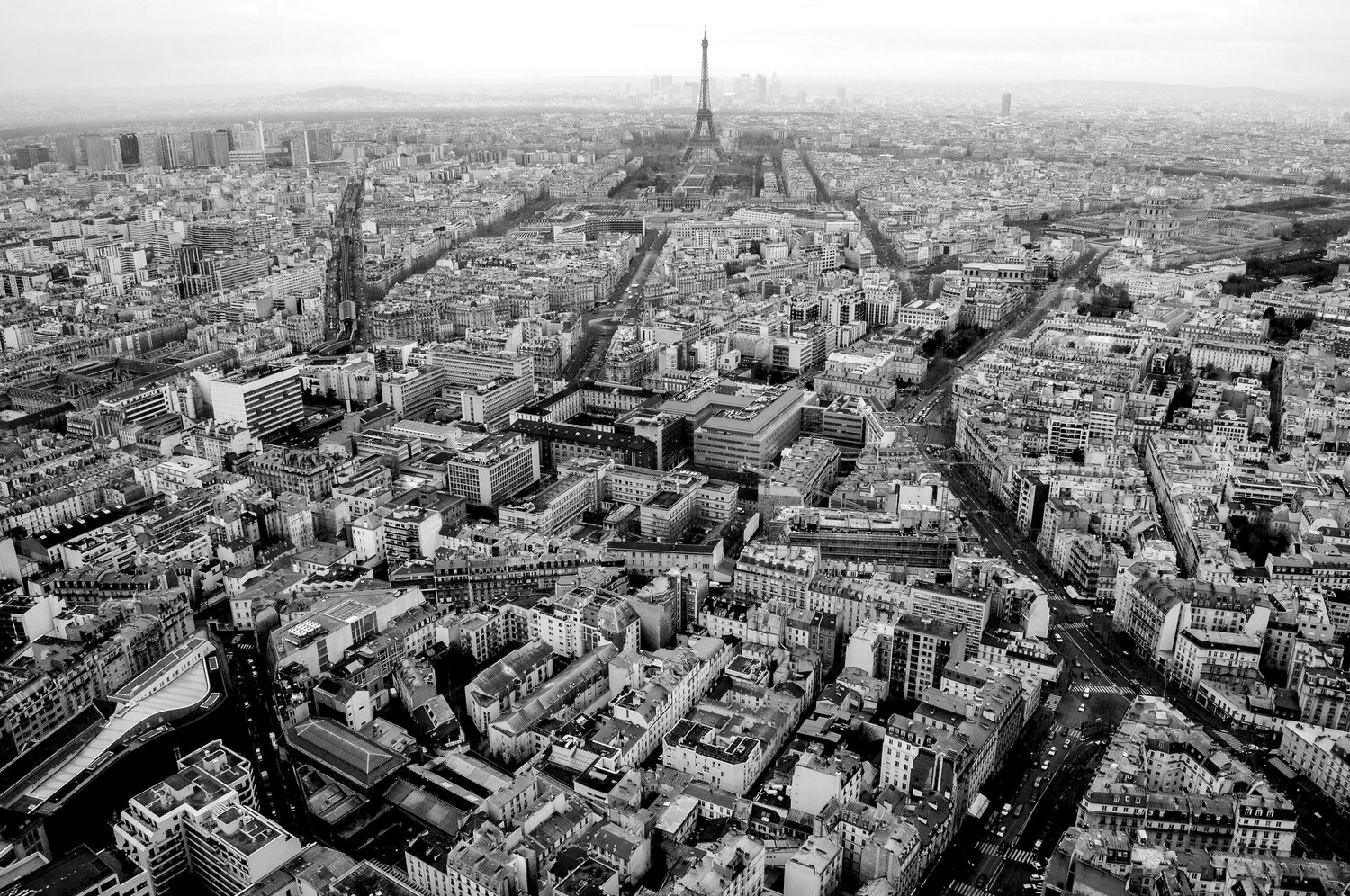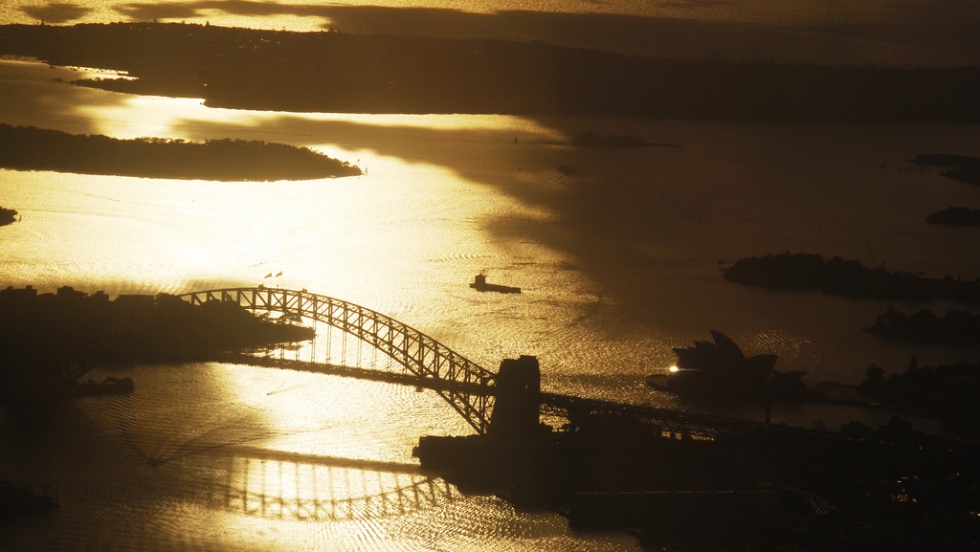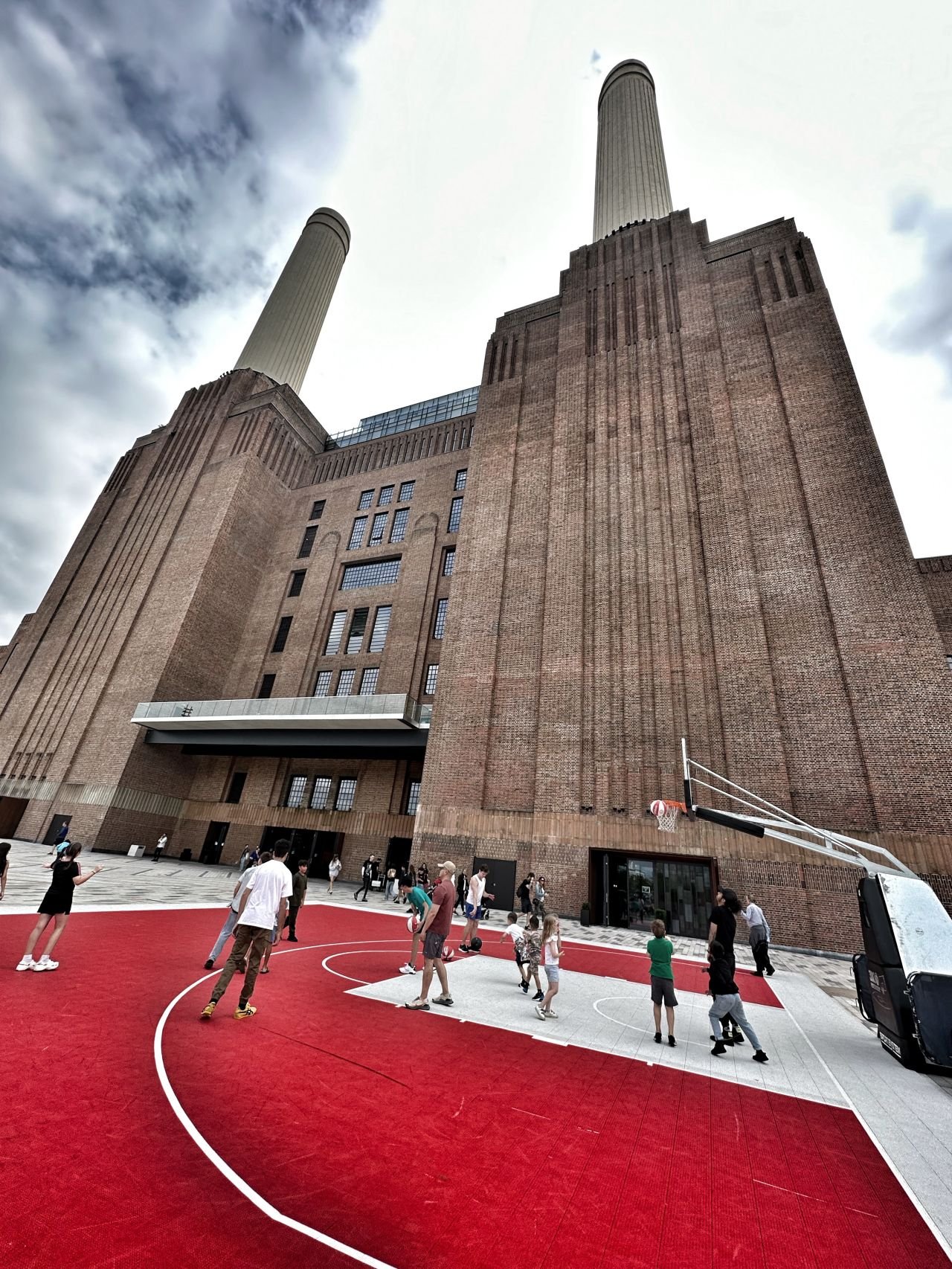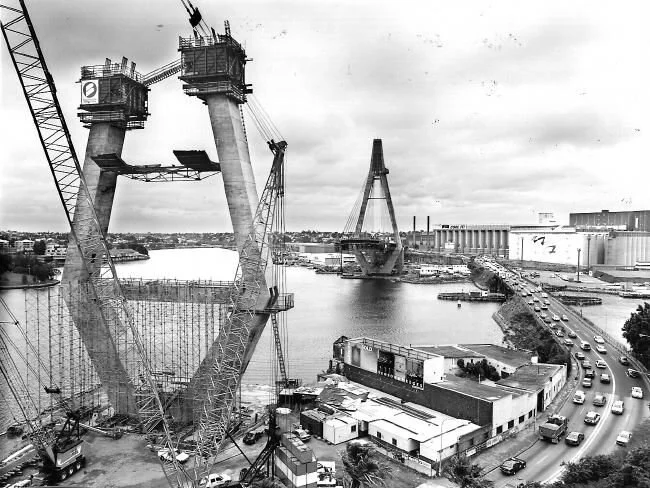The outcome of Australia’s recent federal election isn’t just disappointing. As an Australian, I think it’s shameful. Newly elected Prime Minister Tony Abbott is a well-known climate change sceptic with seemingly no regard for science. Under his guidance, it seems that Australia is headed straight back to the Dark Ages.
As Jonathon Porritt explained in his recent piece for the Guardian, the election will have dire environmental consequences – undoing years of hard work on environmental and climate change policy. But Tony Abbott’s plans to abolish the carbon tax and dismantle crucial bodies like the Climate Commission are just the beginning.
Important environmental policies are at risk of being undone in all areas of governance. In particular, the election of the man who has an absolute disregard for science and research will have a direct and significant impact on Australia’s cities.
Australia’s urban areas have some of the largest per capita ecological footprints in the world. Over the past few years, however, progressive transit, water and energy policies have been recognising that cities must harness renewable energy sources, more effectively manage water supplies and reduce reliance on private vehicle use.
Resistance to the construction of urban roads at all tiers of government has seen an increased demand for alternative modes of transport. This makes sense: the more roads you build, the more cars you have, the more rail lines you build, the more rail commuters you have.
With an on-going pipeline of urban rail projects across the country, public transport usage has seen an increase of 65% over the last decade. All major cities have also substantially increased their spending on cycling infrastructure. In contrast, growth in car usage has slowed dramatically.
But all of this progress is suddenly looking to back-flip. Not only will the new Prime Minister dismantle the Major Cities Unit, which carefully advises on Australia’s 18 largest urban areas, but he has also embarked upon an aggressive road-building scheme. To achieve this vision, Abbott will cease funding to crucial public transit projects and reform environmental planning legislation to speed up the development process.
Abbott’s policies do not only ignore climate scientists, but seemingly ignore environmental priorities wherever possible.
But none of this is any surprise. Explaining that climate change was “absolute crap” in 2010, Tony Abbott’s inability to understand science has been evident for a long time. Sadly, a combination of agenda-driven media, a fragmented Australian Labour Party and ignorance amongst many voters, has produced a less than desirable election outcome for progressive Australians.
What does this mean for the future of Australia?
The election of Abbott is shameful. But I believe it also acts as an opportunity for aggressive grassroots political action. As Jonathon Porritt explains in his new book, The World We Made(Alex McKay’s Story from 2050), creating a sustainable future is not just about technology, but also about political protest.
For the most part, I think Australians are well-informed, proactive and forward thinking. Many do not believe they are immune to global issues. And many have not become complacent with oversized bank accounts from the resource boom. For most Australians, now is the time to stand up to the ignorance and dogma that run deep in Australian politics and media.
We can take comfort in the knowledge that this has happened before. In retaliation to the increasingly neoliberal policies of the 1970s, the Green Bans social movement saved neighbourhoods, parks, waterways and forests across the country. The campaigns also sparked government reform and new environmental legislation. Reaction to the Abbott-era is likely to have a similar outcome.
Retaliation has already begun.
Just hours after the new government announced that it would dismantle the government’s Climate Commission - led by renowned scientist Tim Flannery - there was widespread public outcry. With a “groundswell of support”, as Flannery has called it, the group was rejuvenated with private sector funding and public donations. Having already raised $1 million through crowd-funding, the renamed independent “Climate Council” is now looking to expand its research base.
The inability for scientific logic to infiltrate political reasoning has left Australia pursuing disgraceful policies. In doing so, the country has opened itself up to scrutiny from the global community.
I have no doubt that this scrutiny will spark Australians to have intelligent conversations about the future of the country. It will also force Australians to stand up to the immoral policies being pursued by the new government.
Just like the ‘shocks to the system’ that pepper The World We Made, Tony Abbott may be just the political wakeup call that the country needs.
This article was initially written as an opinion piece for Forum for the Future, here.













